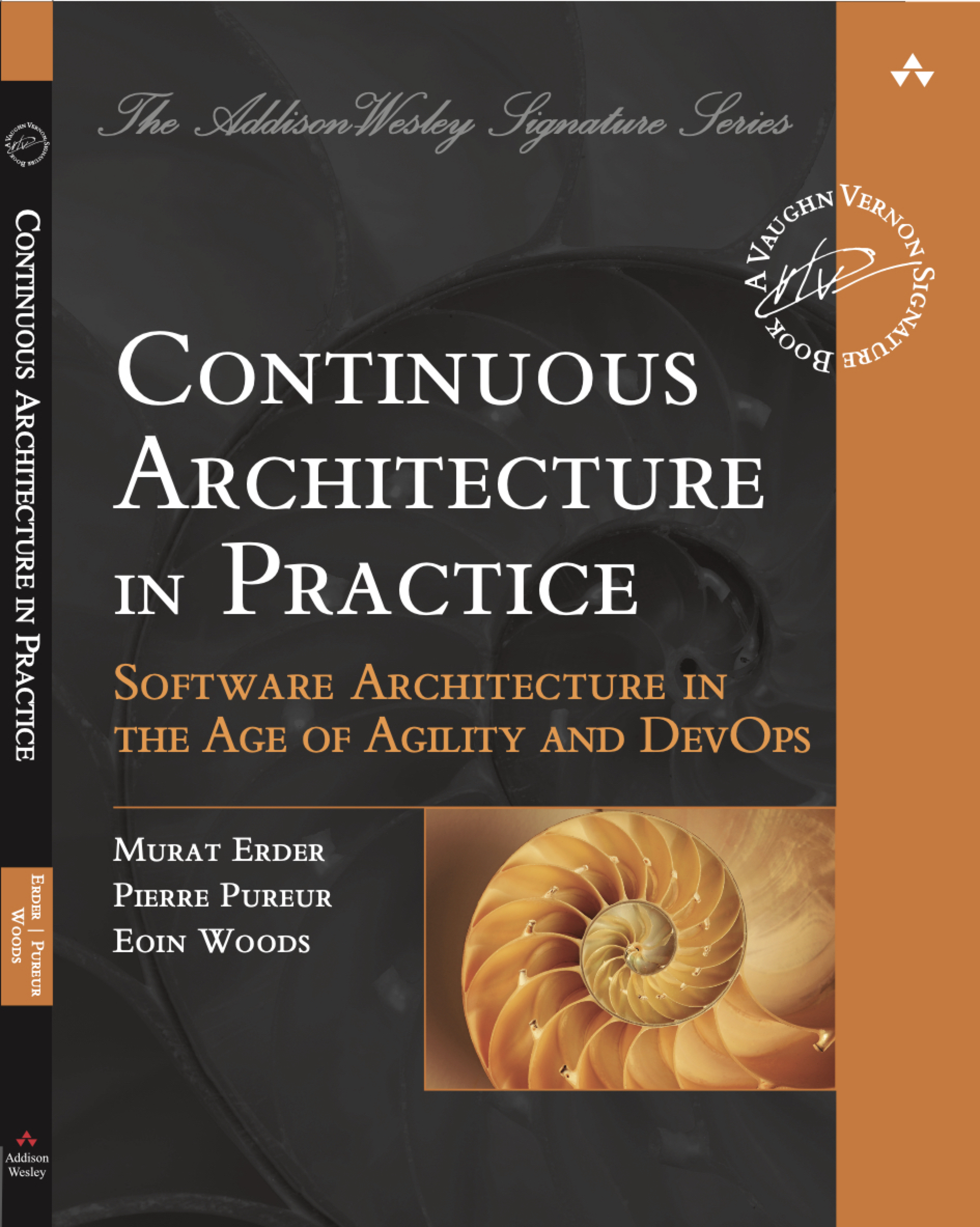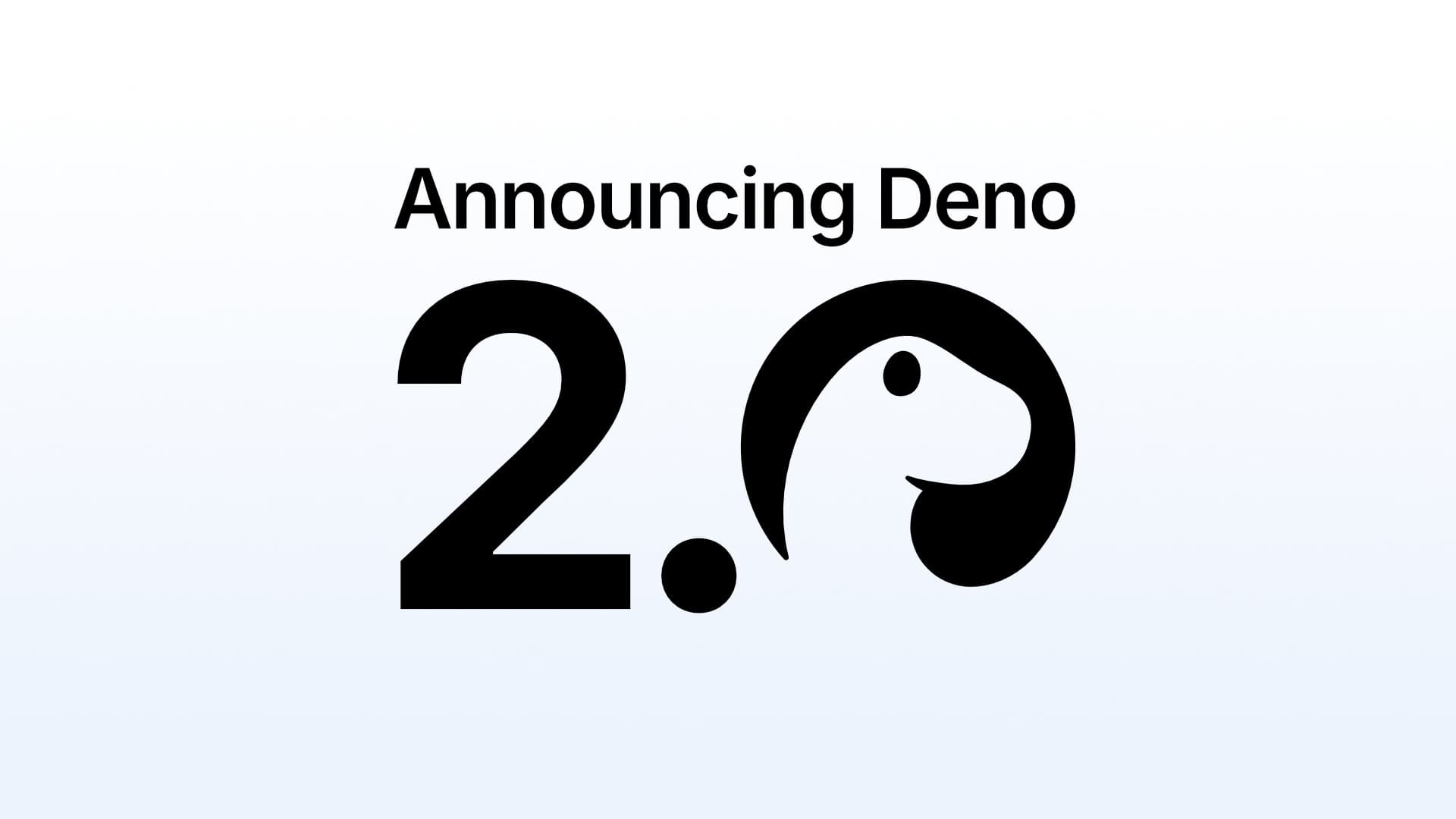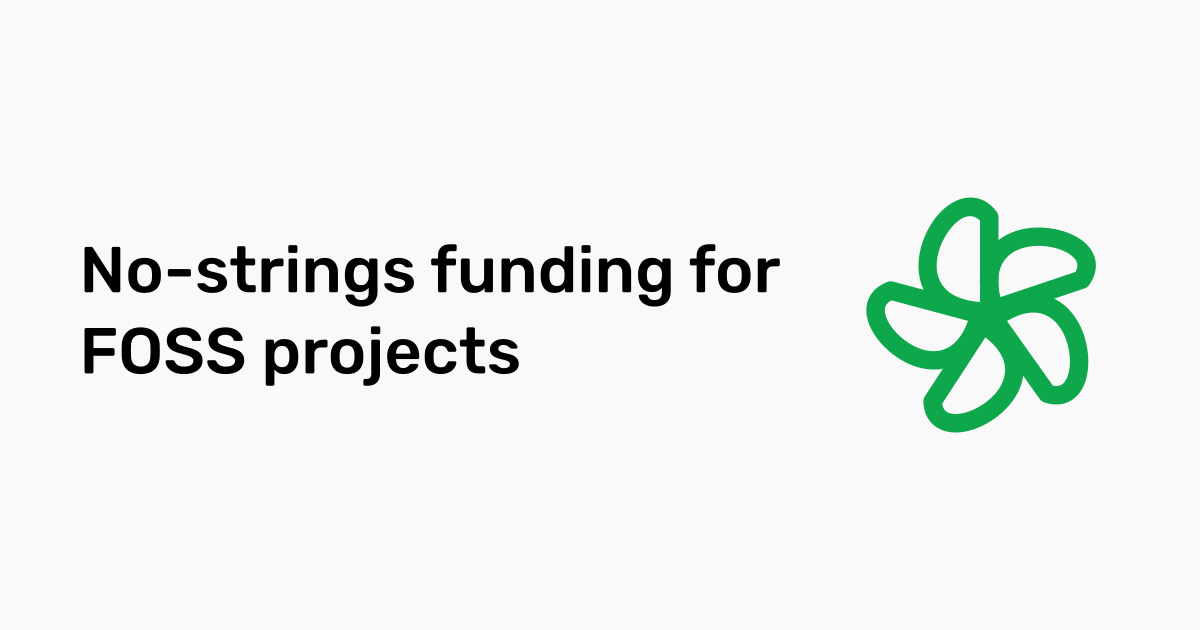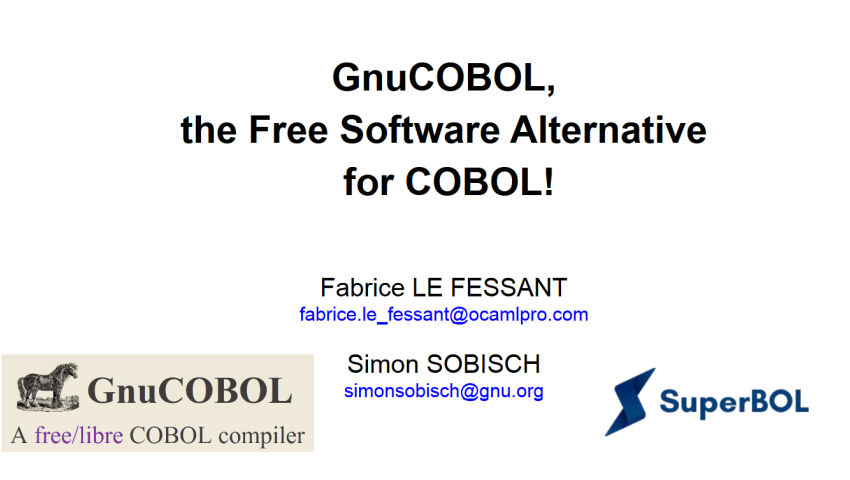Programming
Hi all, I'm relatively new to this instance but reading through the [instance docs](https://legal.programming.dev/docs/donation-policy/) I found: >Donations are currently made using [snowe’s github sponsors page](https://github.com/sponsors/snowe2010/). If you get another place to donate that is not this it is fake and should be reported to us. Going to the sponsor page we see the following goal: > @snowe2010's goal is to earn $200 per month > > pay for our 📫 SendGrid Account: $20 a month 💻 Vultr VPS for prod and beta sites: Prod is $115-130 a month, beta is $6-10 a month 👩🏼 Paying our admins and devops any amount ◀️ Upgrade tailscale membership: $6-? dollars a month (depends on number of users) Add in better server infrastructure including paid account for Pulsetic and Graphana. Add in better server backups, and be able to expand the team so that it's not so small. **Currently only 30% of the goal to break-even is being met. Please consider setting up a sponsorship, even if it just $1. Decentralized platforms are great but they still have real costs behind the scenes.** *Note: I'm not affiliated with the admin team, just sharing something I noticed.*
 paravoce.bearblog.dev
paravoce.bearblog.dev
Hi friends, as promised, I'm back with my second post. I'll be hanging around in the comments for any questions! In this post, I take a look at a typical deployment process, how long each part of it takes, and then I present a simple alternative that I use which is much faster and perfect for hobbit software.
 paravoce.bearblog.dev
paravoce.bearblog.dev
Sharing some lessons I learned from 10 years/millions of users in production. I’ll be in the comments if anyone has any questions!
Hello everyone! 🎉 I’ve created an RSS Feed Bot that automates sharing news in Lemmy and Fediverse channels, helping to keep Fediverse users better informed. The bot is written in Python3 and can easily run via Docker Compose. Hope you find it useful! 🚀 #Lemmy #Fediverse #RSS #Python #Docker #Automation #OpenSource
 continuousarchitecture.com
continuousarchitecture.com
I just finished reading this book and decided to share my experience with it. ## About the Book *Continuous Architecture in Practice* is a sequel to *Continuous Architecture* both written by Murat Erder, Pierre Pureur, and Eion Woods. The authors attempt to address feedback from their 1st book by navigating the reader through the Trade Financs eXchange (TFX) case study. The book starts with a brief introduction to the core concepts of Continuous Architecture, including its 6 principles, as well as its essential activities: 1. Focus on quality attributes 2. Drive architectural decisions 3. Know your technical debt 4. Implement feedback loops From then on the book switches focus to common architectural concerns: 1. Data 2. Security 3. Scalability 4. Performance 5. Resilience 6. Emerging Technologies Each concern is tackled in a separate chapter that features an introductory quote, a definition along with some historical context, a list of issues an someone should keep in mind when architecting for that concern, a list of tactics, and a further reading section. ## My Opinion Overall, I liked reading the book, it gave me a lot of inspiration and a desire to learn more about particular topics. The book assumes a certain level of familiarity with software engineering which helps it focus on general concerns and avoid implemention specific details. I particularly liked the Emerging Technlogies chapter as it offers a healthy view on AI, ML, and shared ledgers. It helps remove the fairy dust that's blinding our industry, and instead focuses on meaningful changes that actually provide value to a product. Also, as someone with experience in software security I appreciated the focus on shifting left security concerns. ## Who Should Read This In my opinion, every software engineer can benefit from reading this at some point in their career. However, I wouldn't recommend it to a junior, if you are not already familiar with the topics covered in the book it could be intemediating. PS I am not affiliated with the book or its authors in any way. I am just a person that read a book they liked wanted to share my experience.
 www.techspot.com
www.techspot.com
> The latest update to the TIOBE Index reveals notable shifts in the world of software development. While traditional programming languages remain popular, many developers are seeking out technologies that can make sense of the vast amounts of modern digital data. Legacy languages like C, COBOL, Fortran, and Assembly still have their place, but they no longer take center stage.
A new proposal for C/C++ to force bytes to be 8 bits wide
 positive-intentions.com
positive-intentions.com
https://positive-intentions.com/blog/qr-codes-as-a%20data-channel QR Codes as a Data Channel the demo in the blog article is a bit cluncky. here is a better link for it: https://chat.positive-intentions.com/#/qr
cross-posted from: https://lemmy.ml/post/21458338 > The GNU Compiler Collection (GCC) support for the C23 programming language standard is now considered "essentially feature-complete" with GCC 15. As such they are preparing to enable the C23 language version (using the GNU23 dialect) by default for the C language version of GCC when not otherwise specified. > > Preparations are now underway to set the default C language version of GCC to GNU23 as the GNU dialect of C23. Or in other words, implying -std=gnu23 when no other C standard is specified. >
 curiousdevscorner.substack.com
curiousdevscorner.substack.com
A newsletter course about learning Helm for beginners. Contains 7 lessons and a worksheet.
I only recently learned about Turtle but it seems like a fun way to represent data. I'm curious to learn more & mess around with it or similar formats for representing the meaning of English text. Anyone have any suggestions for projects, libraries, etc to look into?

cross-posted from: https://lemmy.ml/post/21365139 > Buny
 store.steampowered.com
store.steampowered.com
> Every second Tuesday of October Ada Lovelace Day is celebrated - to commemorate the famous English mathematician of the XIX century, and the first programmer in history. > >To mark this occasion, we rounded up a party of games that are not only fun to play, but can teach you to think like a true engineer and feel like a tech wizard! > >Welcome to Ada Lovelace Day Sale. Hello, world! ends 14th (tomorrow)
Hi, My question certainly stems from the imposter syndrome that I am living right now for no good reason, but when looking to resolve some issues for embedded C problems, I come across a lot of post from people that have a deep understanding of the language and how a mcu works at machine code level. When I read these posts, I do understand what the author is saying, but it really makes me feel like I should know more about what's happening under the hood. So my question is this : how do you rate yourself in your most used language? Do you understand the subtilities and the nuance of your language? I know this doesn't necessarily makes me a bad firmware dev, but damn does it makes me feel like it when I read these posts. I get that this is a subjective question without any good responses, but I'd be interested in hearing about different experiences in the hope of reducing my imposter syndrome. Thanks
 deno.com
deno.com
> Today, we’re thrilled to announce Deno 2, which includes: > >* Backwards compatibility with Node.js and npm, allowing you to run existing Node applications seamlessly >* Native support for package.json and node_modules >* Package management with new deno install, deno add, and deno remove commands >* A stabilized standard library >* Support for private npm registries >* Workspaces and monorepo support >* Long Term Support (LTS) releases >* JSR: a modern registry for sharing JavaScript libraries across runtimes >We are also continually improving many existing Deno features: > >* deno fmt can now format HTML, CSS, and YAML >* deno lint now has Node specific rules and quick fixes >* deno test now supports running tests written using node:test >* deno task can now run package.json scripts >* deno doc’s HTML output has improved design and better search >* deno compile now supports code signing and icons on Windows >* deno serve can run HTTP servers across multiple cores, in parallel >* deno init can scaffold now scaffold libraries or servers >* deno jupyter now supports outputting images, graphs, and HTML >* deno bench supports critical sections for more precise measurements >* deno coverage can now output reports in HTML Deno is a single binary for the TypeScript and JavaScript ecosystems. Deno is secure by default (installing npm libs do not automatically have full system perms/access). The new standard library stabilizes a vetted collection of safe binaries instead of having to search for and install random libraries for basic or common use cases with [or without] own security assessments. Deno compile compiles the TS/JS project into a single binary. The backwards compatibility to npm and npm/js frameworks enables deno usage in existing projects and with existing libs with the benefits of deno and a path to incremental migration. The announcement video is worth watching. The intro is great.
 curiousdevscorner.substack.com
curiousdevscorner.substack.com
A newsletter course about learning Helm for beginners. Contains 7 lessons and a worksheet.
I've had a very tough time finding my first position as a junior dev and have been looking into getting a paid mentor to help me out. Someone who can give me a specific, clear idea of what skills I might need to have, refine, etc, as well as some looser guidance and direction after losing my confidence. Do any of you have experience with services like this? Somewhere like Mentor Cruise or something similar? Edit: to be clear, I'm *looking* for my first role as a web developer, ideally frontend with React (which is what I feel most confident in). I've been at this for over a year and a half - I do have a portfolio, Github, etc with projects in JS and some basic Python. I'm aware of how to *look* for a job, but actually getting anyone to look at me has been the hard part, as I've only had two interviews that went nowhere. The handful of people who've seen my portfolio seemed fine with it and the impression I have is that it *is* enough to demonstrate my skill level, but I'm still getting very little back.
I have been using a plugin recently in Rider that basically hooks most features of the app to notifications that teach me the current keyboard shortcut for said feature. It has some customization options such as needing a threshold of usages before prompting, reminders, etc. It’s even gamified a little bit by tracking how many times you successfully used the shortcuts and how much time you estimatedly saved. I really like this plugin and I’m wondering if anyone knows of a similar plugin for NeoVim? I have been exclusively using NeoVim at home for terminal file edits to help learn it and I’m getting better slowly but I just figured maybe I could accelerate this with something helpful like that. If this doesn’t exist, does anyone have any offhand resources for getting started with NeoVim plugin development?
I am working on a small web app that stores user data locally using indexedDB which can be imported/exported by making use of JSON files. Since I plan on adding updates to the site, I want to know what best practices I should follow to make sure my app can allow importing of user data from older versions. It could be related to how I should define the properties of my user data object to make it future proof, or any library or tool I could implement that would make this migration process easier. Do keep these points in mind: 1. I am using NextJS to build this application and Dexie to manage indexedDB 2. Without going into details, the user data file makes use of heavily nested objects and arrays and most likely won't fit in a cookie or even in the local storage API 3. This web app acts as a proof of concept which must only make use of the aforementioned core technologies, regardless of whether more efficient alternatives exist or not.
Hi, I am looking for a remote senior software engineer position. Most of my career I have been using connections to move from one job to another but this time I haven't had the luck, so I am mostly blindly applying through LinkedIn. I know the general tips but I would like to get some more specific tips to improve my chances. **How can I make my CV stand out?** I feel I am getting rejected by positions that are way below my qualifications. I have wondered if I should be updating my CV according to the stack of the position I am applying for. Throughout my career I have focused on building transfarable skills and as a result I have worked with a wide variety of technologies and it feels like I am being penalized for that. **Are there any job boards that may be better than LinkedIn?** I am tired of skimming through ads about fintech and AI positions. I am not interested in those and I would prefer to work somewhere that I genuinely I am contributing something in the world. Also, I would be interested on job boards on the Fediverse, especially if it meant that my resume is read by humans and not machines. **How can I avoid time wasters?** I had applied to Canonical, after 8 interviews and a bunch of offline steps, I was rejected. While the interviews were fun, I feel I have wasted a lot of time and energy for a someone that was not genuinely interested in hiring. **Anything else I should be paying attention to?**
 docs.python.org
docs.python.org
> Python 3.13 is the latest stable release of the Python programming language, with a mix of changes to the language, the implementation and the standard library. The biggest changes include a new [interactive interpreter](https://docs.python.org/3.13/whatsnew/3.13.html#whatsnew313-better-interactive-interpreter), experimental support for running in a [free-threaded mode](https://docs.python.org/3.13/whatsnew/3.13.html#whatsnew313-free-threaded-cpython) ([**PEP 703**](https://peps.python.org/pep-0703/)), and a [Just-In-Time compiler](https://docs.python.org/3.13/whatsnew/3.13.html#whatsnew313-jit-compiler) ([**PEP 744**](https://peps.python.org/pep-0744/)).
 www.neowin.net
www.neowin.net
Linus Torvalds expressed frustration over the use of passive voice in merge commit messages, preferring active and imperative language instead. He provided an example of how commit messages should be rewritten for clarity and consistency across the project. Torvalds noted that while it's not a major issue, it does add extra work when he has to rewrite messages to match his preference.
Hi friends, it's been a minute since I shared an update here on this project. Last time I posted about building a debug GUI in Rust with `egui`, and I enjoyed the experience so much that I decided to write a status bar for my tiling window manager using `egui` too! There is a whole [live coding video series](https://www.youtube.com/watch?v=x2Z5-K05bHs) which documents the creation of the bar, and I think in general [the codebase](https://github.com/LGUG2Z/komorebi/tree/master/komorebi-bar) has some useful tips on doing things with `egui` like loading custom fonts at runtime and enabling application-wide theming from colorschemes palettes like base16 and catppuccin. Happy to answer any questions about the technology choices, the experience in general, rough edges etc.
This is going to sound fishy. Recently getting into cybersecurity things and have been pretty interested in looking at malware and maybe making some myself to get the hang of it. Do you guys know any good repositories with malware to learn from? For example, if I wanted to make a credential stealing program, there's a lot of different programs that may have credentials that are valuable. Or, maybe writing a keylogger? I took a look at a rust crate that can record keystrokes but has kind of a weird (or at least not as easy) type system because of different OS implementations, but how do different types of malware consolidate those differences? I guess the broader question I'm getting at specifically is looking at how already made programs get around different technical obstacles like detailed above. Thanks










